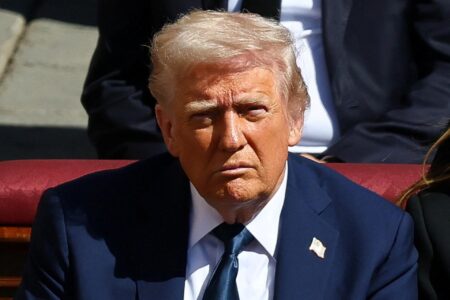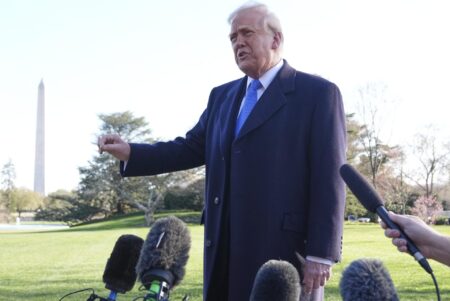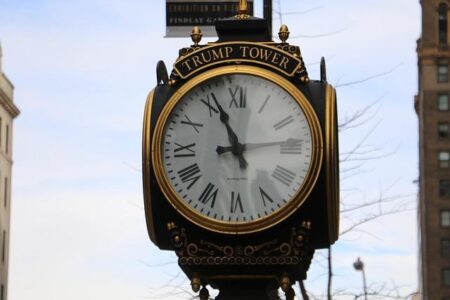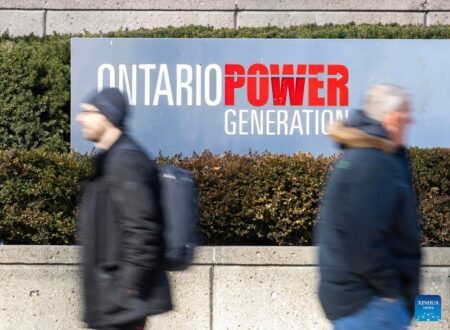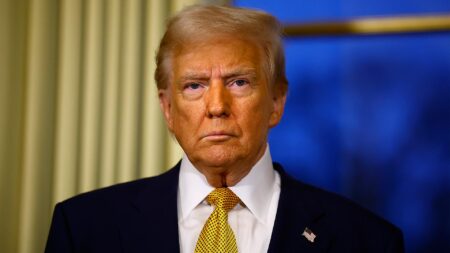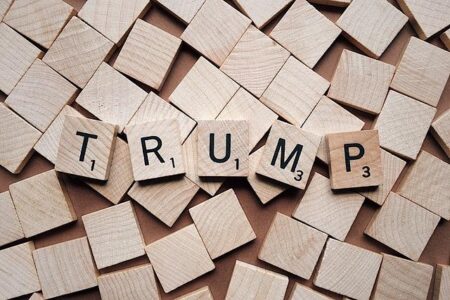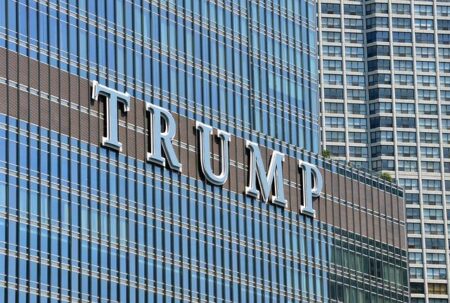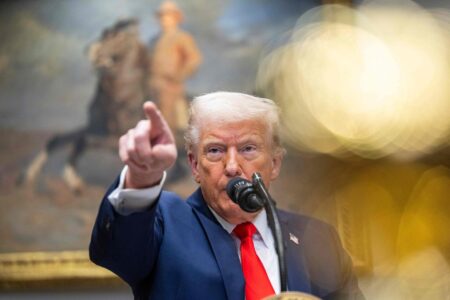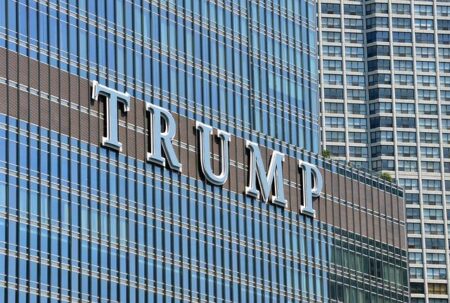Former President Donald Trump has taken a moment to clarify his intriguing comments about the possibility of Canada joining the United States as the 51st state, insisting, “I’m really not trolling.” His provocative statements have ignited lively discussions and prompted many to ponder the implications for U.S.-Canada relations in today’s charged political climate.
Browsing: US-Canada relations
In his latest remarks, Andrew Phillips emphasizes that Donald Trump’s ongoing criticism of Canada is a vital reminder of the complexities in U.S.-Canada relations. As tensions rise, this dialogue could serve as a much-needed wake-up call for both nations to reassess and refine their strategies moving forward
Pete Hoekstra has been officially confirmed as the United States ambassador to Canada. His appointment comes amid efforts to strengthen bilateral relations between the two nations. Hoekstra aims to enhance collaboration on key issues such as trade and security.
As tensions escalate in the trade war, Canadian snowbirds are rethinking their annual pilgrimage to Florida. Many are selling properties and canceling planned trips, citing economic uncertainty and rising costs as key factors in their decisions.
A group of scholars specializing in fascism and critics of former President Trump have decided to relocate from Yale University to Canada. This move reflects growing concerns over academic freedom and the political climate in the U.S., sparking discussions on the impact of such transitions on higher education.
Donald Trump’s recent actions and rhetoric may be inadvertently bolstering liberal sentiments in Canada. His controversial policies and divisive statements are energizing progressive movements, creating a rallying point for Canadian liberals as they seek to differentiate their values from his administration.
In “Opinion | Trump’s bullying is turning Canada from friend to foe,” The Washington Post explores how aggressive rhetoric and policies from the Trump administration have strained U.S.-Canada relations, shifting perceptions of allyship into conflict.
In the 1930s, a bold movement sought to merge the US, Canada, and Greenland, envisioning a unified North America. This initiative highlights historical aspirations for regional cooperation, echoing modern discussions on trade, environmental challenges, and cultural ties.
If Canada and Greenland were to become U.S. states, the electoral landscape would shift dramatically. With their combined populations, they could tilt votes in Congress, influence presidential elections, and reshape policies on immigration, healthcare, and climate change.
Ontario has announced a 25% tax increase on electricity exports to the U.S., a strategic move in response to escalating trade tensions fueled by Trump’s trade policies. This decision aims to protect local consumers and stabilize the province’s energy market.
Canada and the European Union have announced retaliatory tariffs in response to recent U.S. trade policies, further escalating tensions in the ongoing trade war initiated by the Trump administration. The new tariffs target key industries, highlighting global trade frictions.
In a significant shift, President Trump has reversed his threat to impose new tariffs on Canada following Ontario’s decision to rescind controversial electricity charges. This move aims to enhance trade relations and ease tensions between the two nations.
In a surprising policy shift, President Trump announced he will not proceed with plans to double tariffs on certain imports from Canada. This reversal comes amid ongoing trade negotiations, signaling a potential thaw in U.S.-Canada relations.
In a surprising move, President Trump announced an increase in tariffs on Canadian imports, sending shockwaves through global markets. Analysts warn that escalating trade tensions could impact economic stability and consumer prices on both sides of the border.
In a surprising shift, former President Trump announced the reinstatement of 25% tariffs on Canadian metals, reversing previous statements. This move raises concerns about trade relations and could impact various industries reliant on Canadian imports.
In a striking shift, former President Trump has threatened new tariffs on Canadian lumber and dairy just one day after lifting duties on imports from Canada and Mexico. This move raises questions about trade relations and economic policy in North America.
In a recent move, Trump has paused certain tariffs on imports from Mexico and Canada, impacting various goods. Exemptions primarily include critical materials for manufacturing. Analysts speculate on potential trade negotiations and future tariff adjustments.
Commerce Secretary Lutnick announced that the majority of tariffs on Canada and Mexico are likely to be postponed by one month. This delay aims to facilitate ongoing trade discussions and mitigate potential economic impact on both nations.
In a recent commentary, CNBC’s Lutnick suggested that President Trump may announce a reduction of tariffs on Canada and Mexico as early as Wednesday. This potential shift could reshape trade relations and impact key industries in both nations.
In a recent statement, Canadian Prime Minister Justin Trudeau criticized former President Trump’s tariffs as “dumb,” suggesting they are part of a broader strategy aimed at facilitating a potential U.S. annexation of Canada. Trudeau’s remarks underscore heightened tensions between the neighboring nations.

